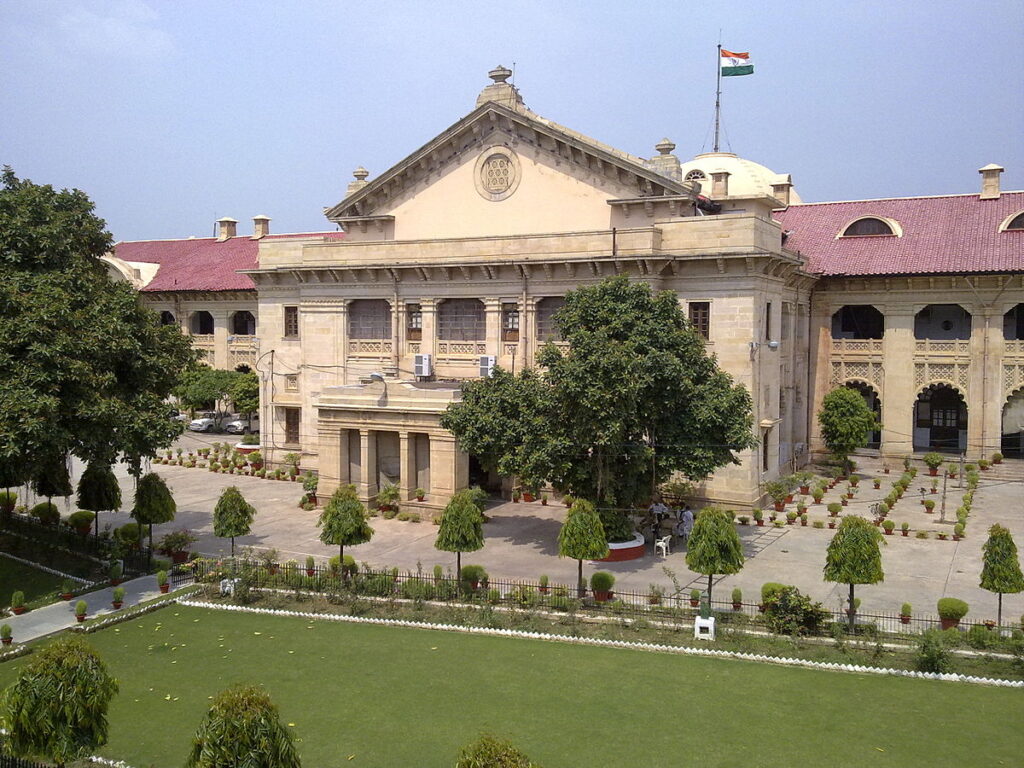Section 156(3) of the CrPC states that a magistrate should not order a preliminary investigation or depend on a police report that supports the accused in cases of sexual assault complaints, according to the Allahabad High Court.

The Allahabad High Court has accepted a Criminal Revision Petition from a sexual assault victim. The court emphasized that asking the police to conduct a preliminary investigation based on the victim’s claims in an application under Section 156(3) Cr.P.C. and relying on a police report that supports the accused is not appropriate or legal. The High Court reviewed a Criminal Revision Petition filed under Sections 307 and 401 of the CrPC against a decision made by the Chief Judicial Magistrate, which had dismissed the victim’s application under Section 156(3). Justice Ram Manohar Narayan Mishra stated, “In cases like this, where the informant has made clear allegations of sexual assault and harassment against the accused, directing a preliminary investigation by the police and depending on a police report favoring the accused is not suitable or lawful.”
The victim, a teacher at a Civilian School, faced verbal abuse from the Headmaster. He used offensive language while asking about her husband and behaved inappropriately towards her. He attempted to molest her, which violated her dignity. When her husband arrived, the accused fled after threatening him. She then filed an application under Section 156(3) Cr.P.C. with the Chief Judicial Magistrate in Hathras. The petitioner argued that the Magistrate made an incorrect decision by rejecting the application under Section 256(3) of the Cr.P.C., claiming that no cognizable offence was established. The petitioner referenced the Supreme Court case ‘XYZ’ Vs. State of Madhya Pradesh and others to support the claim that a cognizable offence, specifically a sexual offence against a woman, was indeed present. The petitioner maintained that the Magistrate had no choice but to order the registration of an FIR since an application under Section 156(3) Cr.P.C. had been submitted on behalf of the victim.
On the other hand, Ahmad, representing the respondent, cited the case of Lalita Kumari Vs. Government of Uttar Pradesh (2014) to argue that a Magistrate is not obligated to order the registration of a case or for the police to register every instance where a cognizable offence appears in the application. The Magistrate must use their judicial discretion to assess the claims made in the application to prevent misuse of the judicial process. The Bench noted that the purpose of a preliminary inquiry is not to determine the truth of the information but to check if it indicates a cognizable offence. The Bench also listed specific types of cases where a preliminary inquiry might be necessary.
- Matrimonial disputes/ family disputes
- Commercial offences
- Medical negligence cases
- Corruption cases
- Cases where there is abnormal delay/laches in initiating criminal prosecution, for example, over 3 months delay in reporting the matter without satisfactorily explaining the reasons for delay.
The Bench stated that when looking at the cases of Lalita Kumari, Priayanka Srivastava vs. State of UP, and ‘XYZ’ vs. State of MP together, it is clear that the Supreme Court highlighted the importance of a preliminary investigation by a magistrate for applications under Section 156(3) Cr.P.C. in situations mentioned in Lalita Kumari when filing an FIR.
The Bench noted that in cases like this one, where the informant has made specific claims of sexual assault against the accused, it is neither appropriate nor legal to direct the police to investigate based on the victim’s application under Section 156(3) Cr.P.C. and to rely on a police report that favors the accused. The magistrate’s approach does not align with the recent Supreme Court decisions in ‘XYZ’ vs. State of MP from 2022. Therefore, the order from the trial court was found to be against the law and should be overturned. The Bench allowed the Criminal Revision and sent the case back to the Chief Judicial Magistrate for a fresh decision, ensuring the revisionist/de-facto complainant has a chance to be heard.
Cause Title: X vs. State of UP & Anr [Neutral Citation: 2024:AHC:164363]









